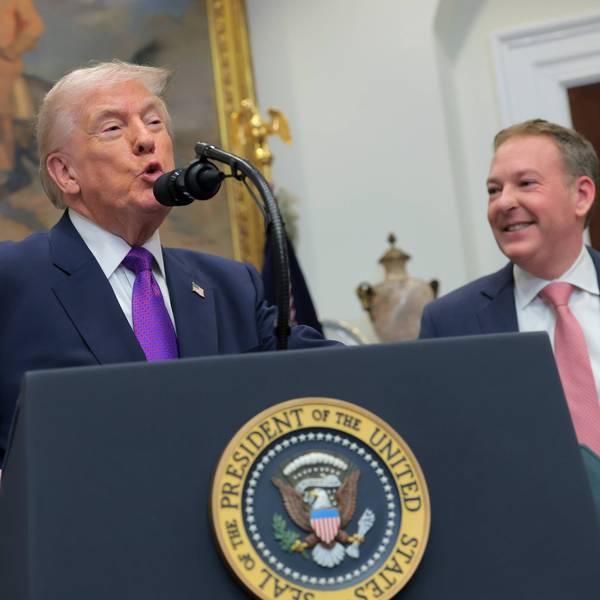Following through on his campaign promise to reduce the EPA to "little tidbits," Trump's budget defunds more than 50 programs. These include infrastructure improvement on Indian reservations, major projects to clean up Puget Sound, Chesapeake Bay and the Great Lakes, a wide range of renewable energy development and energy efficiency programs, numerous climate change research programs, national heritage sites, environmental justice programs, oceanographic research and preservation, and much more. Gina McCarthy, a former EPA official under Obama, described it as "a scorched earth budget that represents an all-out assault on clean air, water and land."
Some of the immediate opposition has crossed party lines. Ohio's recently re-elected Republican Senator Rob Portman, a close associate of former President George W. Bush, strongly opposed cuts to the $300 million Great Lakes Restoration Initiative. Bill Becker of the National Association of Clean Air Agencies warned, "if such cuts are realized, many more people will die prematurely and get sick unnecessarily due to air, water and waste pollution."
Among the programs affected will be popular Energy Star campaigns that set efficiency standards for household and other appliances. The program is well-established and popular among large manufacturers seeking marketing tools in a highly competitive global business. "It's alarming and bewildering to see the Trump Administration propose cuts to critical government programs that support clean energy innovation, helped create thousands of new jobs, and saved Americans millions on their utility bills," says Amit Ronen, Director of George Washington University's Solar Institute.
Scott Sklar, head of the Stella Group, a D.C.-based environmental consulting firm, and chair of the steering committee of the Sustainable Energy Coalition adds that the EPA cuts come in tandem with assaults on programs at the Department of Energy critical to advances in LED light bulbs, advanced batteries, electric trucks, biofuels and other cutting-edge green power projects. Overall, says Sklar, the cuts could cripple some seventeen national laboratories whose innovative technical work spans the horizon from windmills and solar panels to advanced batteries and accelerated efficiency.
In addition, says Ronen, "Trump and his cronies can fundamentally change how EPA does its job by rolling back carbon and air regulations and not enforcing current law."



